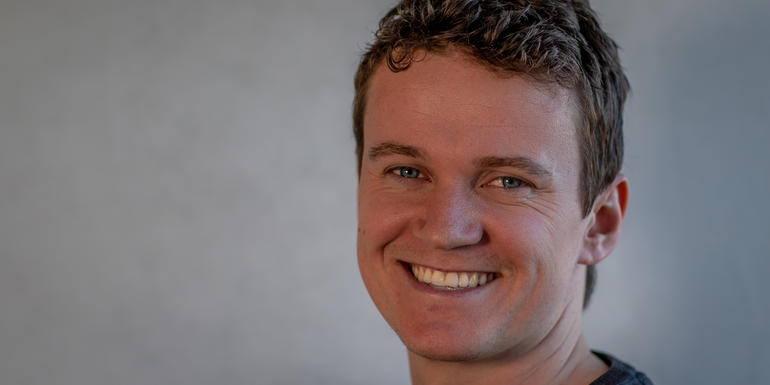About the thesis:
Elite cross-country skiing performance is a highly complex trait, and many factors contribute to the performance outcome. Among these, a number of physiological factors plays an important role. However, despite an increased scientific focus on cross-country skiing performance and training the last decades, many questions are still unanswered. Especially regarding the impact of gender, age and genes on performance and the trainability of these physiological factors through systematic training in already well-trained to elite cross-country skiers.
Through three different studies, we found that well-trained cross-country skiers following a traditional endurance-training regime displayed no further improvements in performance and physiological factors, despite an increased total training volume. However, six weeks of considerable and specific changes in training at higher intensities with no change in total training volume did reveal significant improvements in similar factors. Age and gender had a significant effect on both performance and physiological factors at an initial state, although the effect from these factors seemed negligible on the training response. The impact of genetic variants in selected performance-related genes on the studied physiological factors was minor.
These findings highlights that a higher training volume not necessarily implicate superior training responses in competitive cross-country skiers. Considerable changes in training intensity or modality may be necessary to generate further improvements of cross-country skiing performance in such individuals. Additionally, this may be applicable for all skiers more or less independently of gender, age and genetic disposition.
